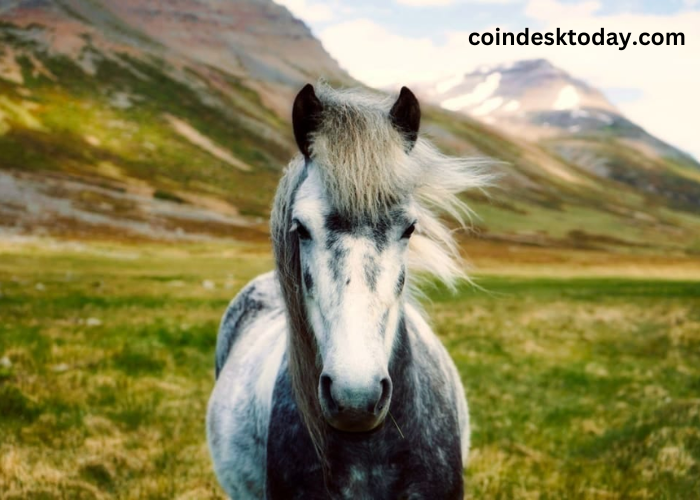Horses have been companions, workers, and symbols of power for humans for millennia. Their role in human civilization is profound, encompassing utility, culture, and sport. This article delves into the historical significance of horses, their various roles throughout the ages, and their continuing impact on modern society. Explore a wide range of courses on casa design, architecture, and construction. Enroll now to enhance your skills and knowledge in the field.
The Dawn of Domestication
The history of horses and humans is a long and intertwined one. Evidence suggests that the domestication of horses began around 4000 BCE on the steppes of Central Asia, particularly in areas now part of Ukraine, southwest Russia, and west Kazakhstan. Initially, horses were likely hunted for meat and hides, but as humans discovered their potential for transport and labor, the relationship evolved.
Horses in Ancient Civilizations
As horses became domesticated, their influence spread across continents. In Mesopotamia, they were prized for their speed and strength, used in chariots and for riding. Ancient Egyptians also utilized horses, primarily in war chariots, which revolutionized their military tactics. The importance of horses was immortalized in art and hieroglyphics, symbolizing prestige and power.
In the vast expanses of the Eurasian steppes, the Scythians became renowned for their horse-riding skills. They pioneered the use of mounted cavalry, which allowed for swift and effective warfare, influencing military strategies for centuries to come.
The Medieval Era and the Rise of the Knight
The Middle Ages marked a period where horses became central to the feudal system. The image of the knight, clad in armor atop a powerful steed, became synonymous with medieval warfare and chivalry. Horses were meticulously bred for strength, endurance, and agility, resulting in different types specialized for war, agriculture, and transport.
The significance of horses extended beyond the battlefield. They were integral to agriculture, with draft horses enabling the cultivation of larger fields and the transportation of goods. This agricultural efficiency contributed to population growth and urbanization in Europe.
Horses in Exploration and Expansion
The Age of Exploration saw horses playing a crucial role in the expansion of empires. When Europeans arrived in the Americas, they brought horses with them, which dramatically transformed Indigenous cultures. Native American tribes, such as the Comanche and Sioux, became exceptional horse riders, fundamentally altering their hunting practices and ways of life.
In colonial societies, horses facilitated exploration, settlement, and the establishment of trade routes. They were indispensable in the conquests and colonization efforts of the European powers, helping to forge new frontiers and expand territorial control.
The Industrial Revolution and Beyond
The advent of the Industrial Revolution marked a turning point in the role of horses. With the rise of mechanized transport and agriculture, the reliance on horse power began to wane. However, horses continued to play significant roles in certain areas. They remained vital in rural and agricultural communities, where machinery had yet to fully replace animal labor.
In the realm of culture and sport, horses maintained their prominence. Equestrian sports such as horse racing, show jumping, and dressage became popular pastimes, celebrating the bond between horse and rider. The image of the cowboy and the Wild West, immortalized in American folklore and cinema, highlighted the enduring cultural significance of horses.
Modern Roles and Conservation
Today, horses continue to hold a cherished place in human society. While no longer essential for transport or agriculture, they thrive in the worlds of sport, therapy, and recreation. Equestrian sports draw enthusiasts worldwide, with events like the Kentucky Derby and the Olympic equestrian competitions showcasing the grace and power of these animals.
Horses also play therapeutic roles, assisting in programs designed for individuals with physical, emotional, and cognitive challenges. Equine-assisted therapy has proven beneficial in improving mental health, fostering emotional connections, and enhancing physical rehabilitation.
Conservation efforts are also underway to protect and preserve wild horse populations. Organizations work to ensure that wild horses, such as the American Mustangs, continue to roam free and maintain their natural habitats.
Conclusion
The history of horses in human civilization is a testament to their versatility, strength, and enduring bond with humanity. From ancient battlefields to modern-day therapy sessions, horses have played multifaceted roles that have shaped cultures, economies, and societies. Their majestic presence continues to inspire awe and admiration, underscoring the timeless connection between humans and these noble creatures.

